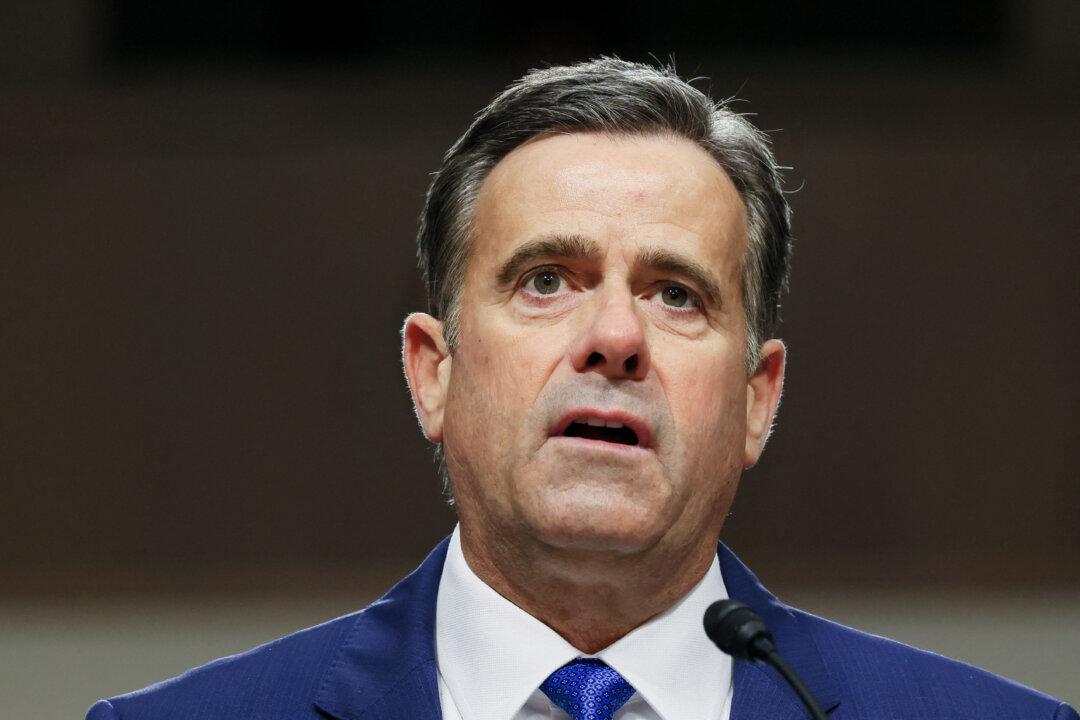John Ratcliffe, President-elect Donald Trump’s pick for CIA director, told senators Wednesday that he would prioritize meritocracy in the agency, bring the cyber fight to China, and maintain robust intelligence gathering capabilities that have at times been weaponized against Americans.
Ratcliffe, who served as Director of National Intelligence (DNI) during the first Trump administration and previously served as a U.S. House representative for Texas, delivered the remarks to the Senate Select Committee on Intelligence during a Jan. 15 hearing to vet his nomination to lead the CIA.




